18 TV Shows With Finale Seasons That Didn’t Meet Expectations
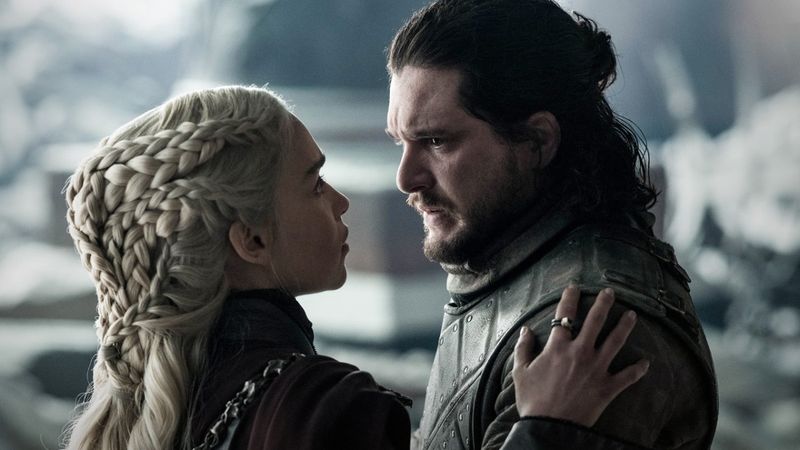
TV shows become part of our lives, with characters feeling like friends we invite into our homes each week. When a beloved series reaches its final season, expectations run high for a satisfying conclusion. Unfortunately, not all shows stick the landing. These 18 series had viewers invested for years, only to deliver finale seasons that left fans confused, angry, or just plain disappointed.
1. Game of Thrones
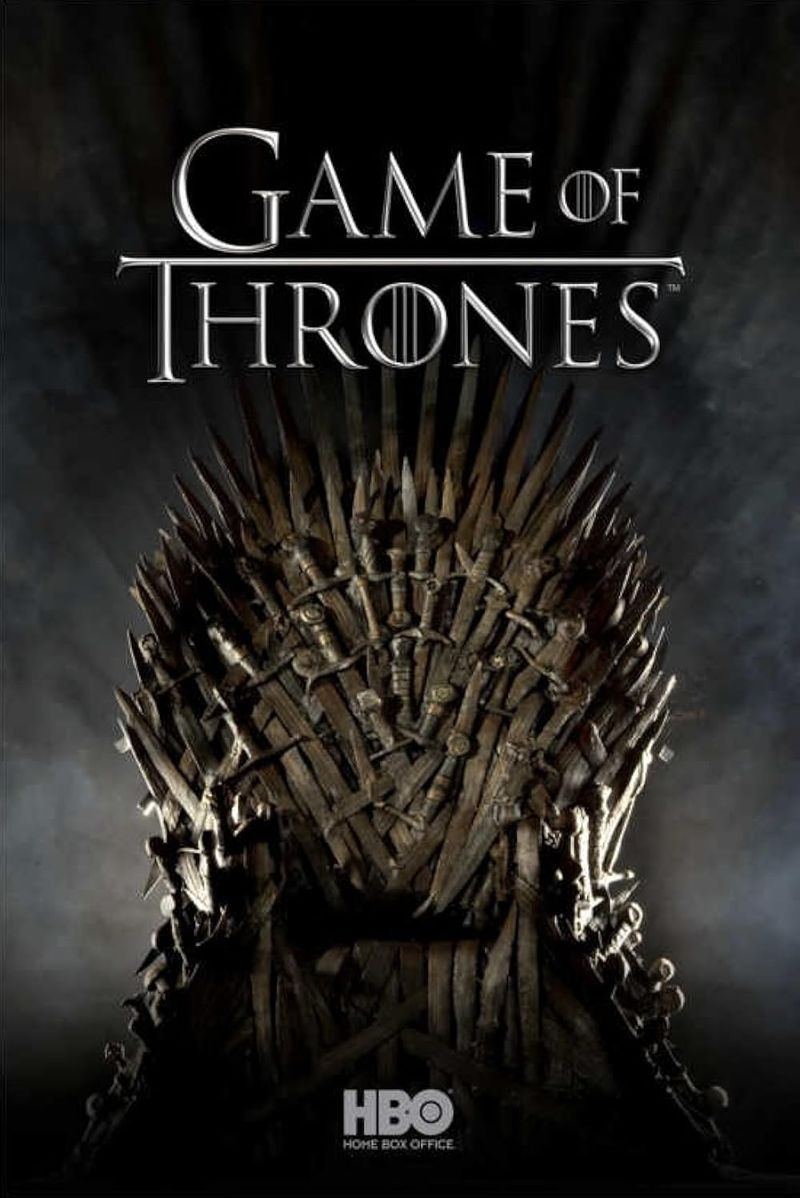
After seven seasons of intricate political maneuvering, complex character development, and slow-burning storylines, Game of Thrones’ final season felt like watching a different show entirely. Character arcs were abandoned, plot points were rushed, and years of careful storytelling collapsed under hasty execution.
The Night King threat ended abruptly, while Daenerys’ transformation into a villain lacked proper foundation. Even the cinematography suffered with the infamously dark Battle of Winterfell episode leaving viewers squinting at their screens.
Once the cultural phenomenon of the decade, the show’s legacy was forever tarnished by its final six episodes, proving that even the mightiest dragons can fall spectacularly.
2. Lost
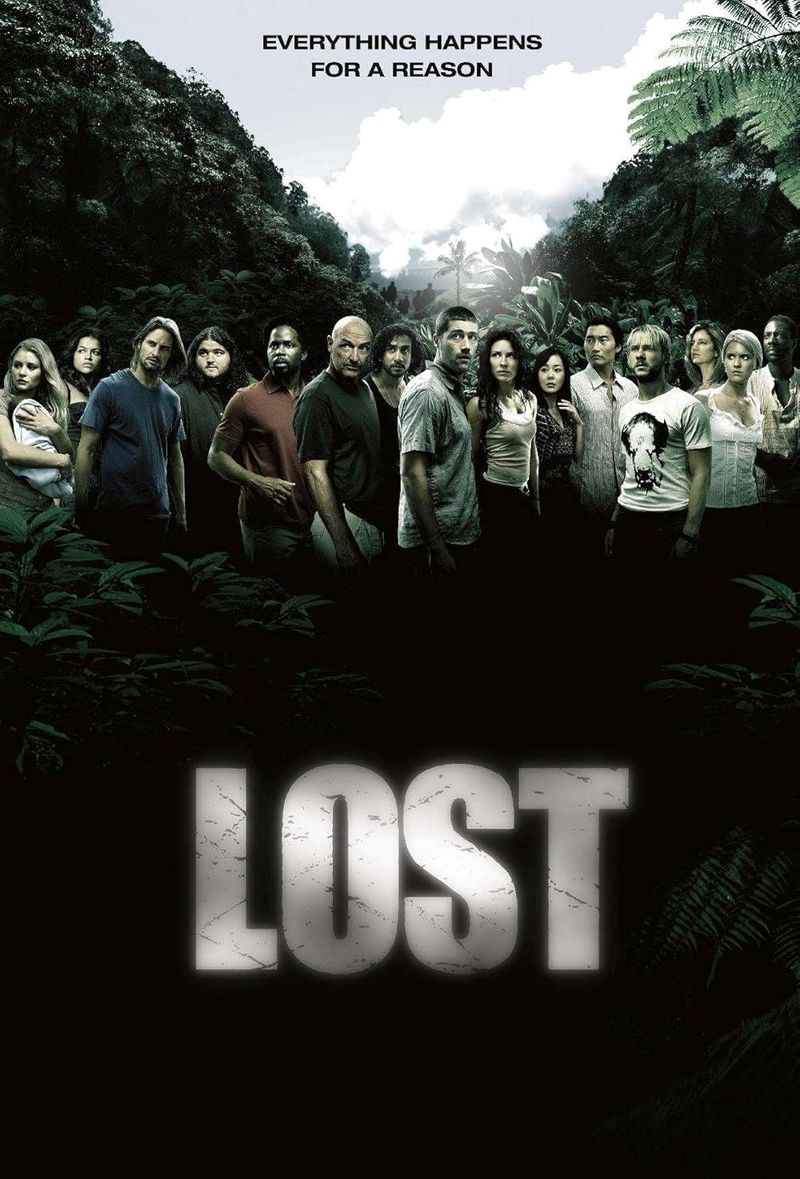
The mysterious island drama captivated audiences with its blend of science fiction, supernatural elements, and character studies. Unfortunately, the final season abandoned many intriguing plot threads in favor of a spiritual conclusion that divided fans.
The flash-sideways world revealed as a purgatory-like waiting room felt disconnected from the island’s mythology. Major questions about the island’s properties, the significance of numbers, and the origins of various entities remained frustratingly unexplained.
While some viewers appreciated the character-focused ending, others felt cheated after investing years in the show’s complex mythology only to receive emotional closure rather than logical answers.
3. How I Met Your Mother
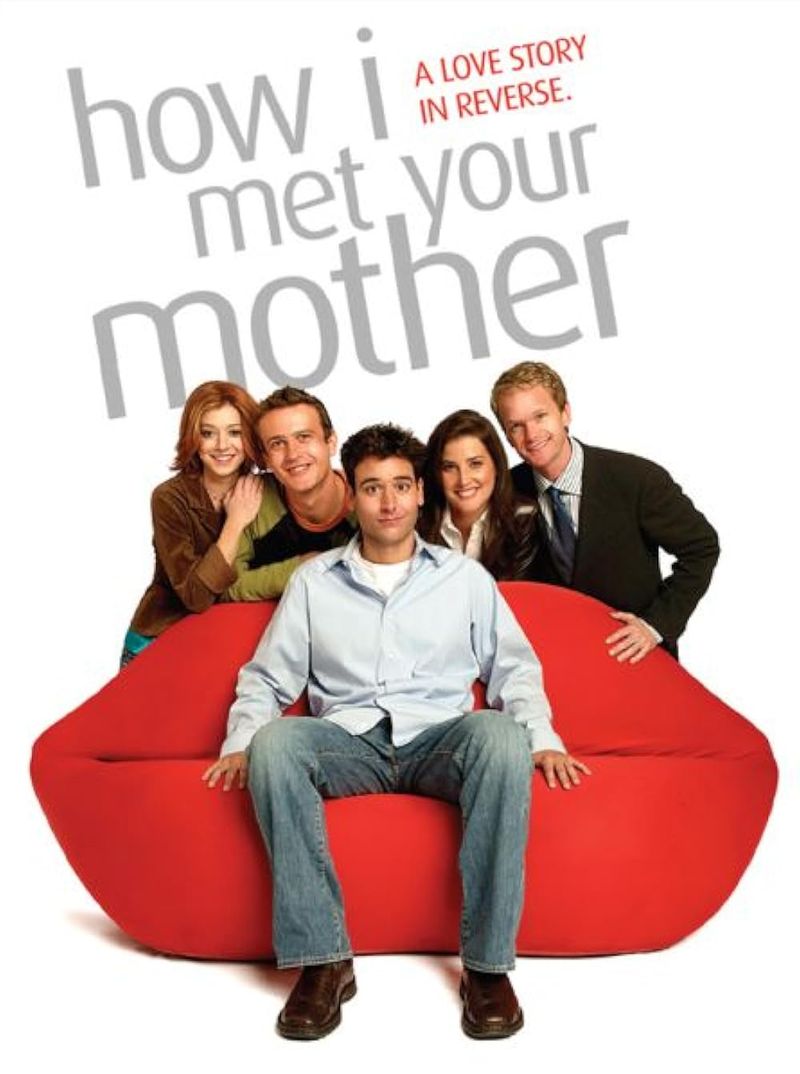
For nine seasons, viewers followed Ted Mosby’s quest to find true love, only for the finale to unravel years of careful character development. The show spent an entire season on Barney and Robin’s wedding, then dissolved their marriage in minutes.
Even worse, the mother – Tracy McConnell – was killed off after barely appearing, despite being the titular character the entire series built toward. The finale revealed the whole story was actually Ted’s way of asking his kids’ permission to date Robin again.
Fans felt betrayed by this last-minute twist that ignored character growth and rendered the show’s premise a manipulative misdirect.
4. True Blood
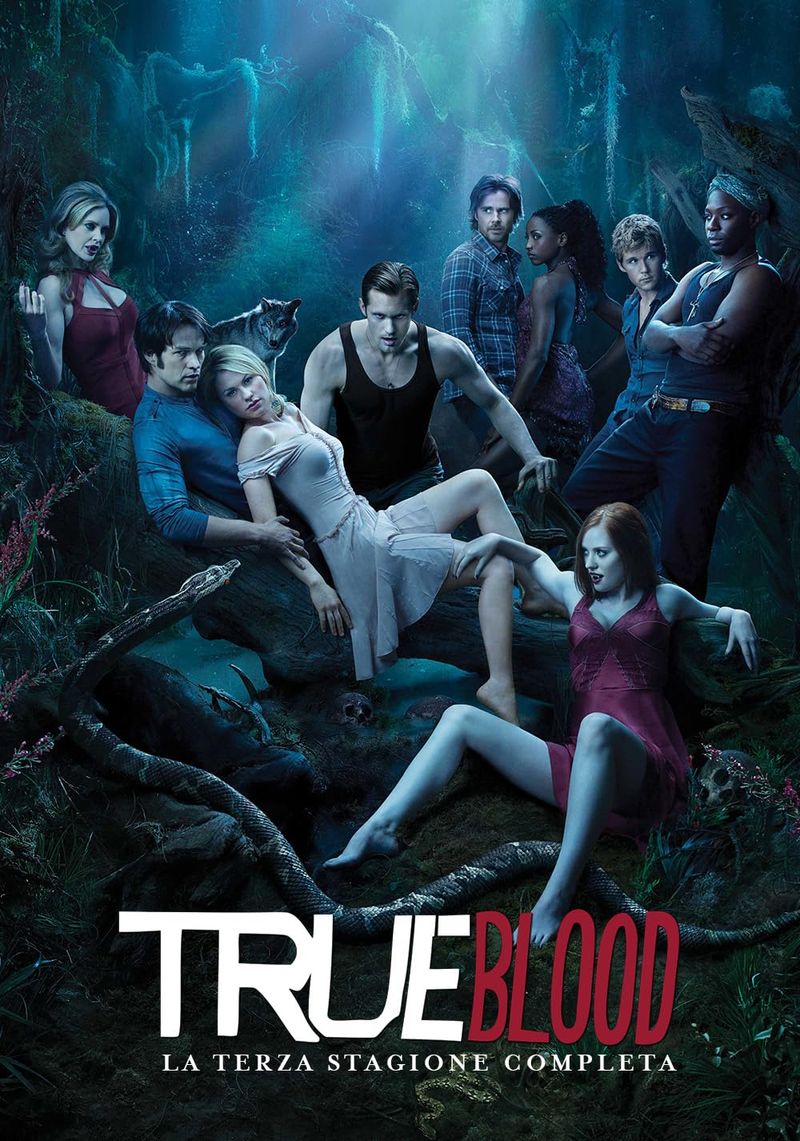
HBO’s southern vampire drama began as a sexy, campy romp with social commentary about discrimination and acceptance. By its final season, True Blood had lost its bite entirely, becoming a shadow of its former self.
The concluding episodes rushed through storylines, killed off major characters without emotional impact, and forced bizarre pairings. Sookie’s ultimate love choice felt anticlimactic after years of supernatural romance, while Bill’s decision to die seemed contrived rather than noble.
Fan-favorite character Eric Northman was sidelined for much of the season, adding to viewers’ frustration as the once-vibrant show limped to an unsatisfying conclusion.
5. Two and a Half Men
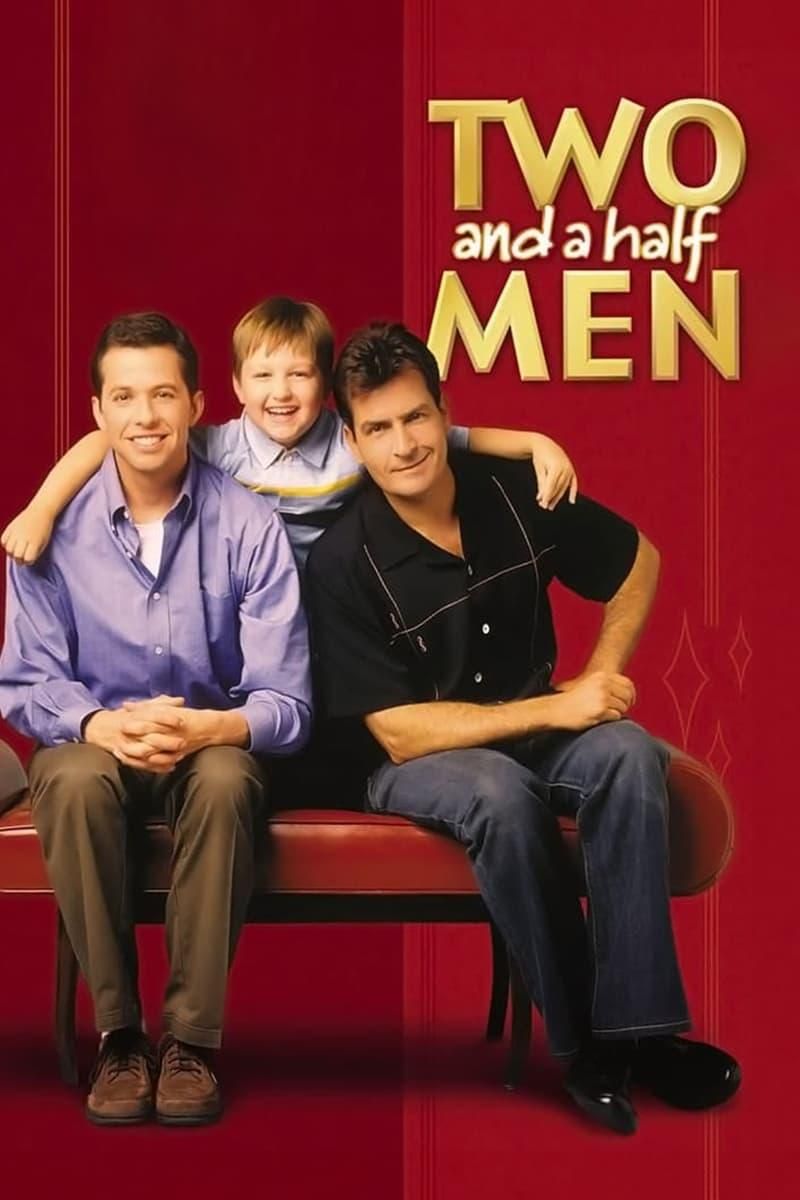
Following Charlie Sheen’s infamous departure, Two and a Half Men struggled to maintain its identity with Ashton Kutcher stepping in. The final season, however, took bizarre to new levels with a meta-fictional ending that left viewers more confused than amused.
The series finale revealed Charlie wasn’t actually dead, only to drop a piano on him anyway. Creator Chuck Lorre appeared on screen to say “winning” before being crushed by a piano himself – a not-so-subtle jab at Sheen’s catchphrase and their public feud.
This self-indulgent ending focused more on settling behind-the-scenes scores than providing closure for longtime fans.
6. Glee
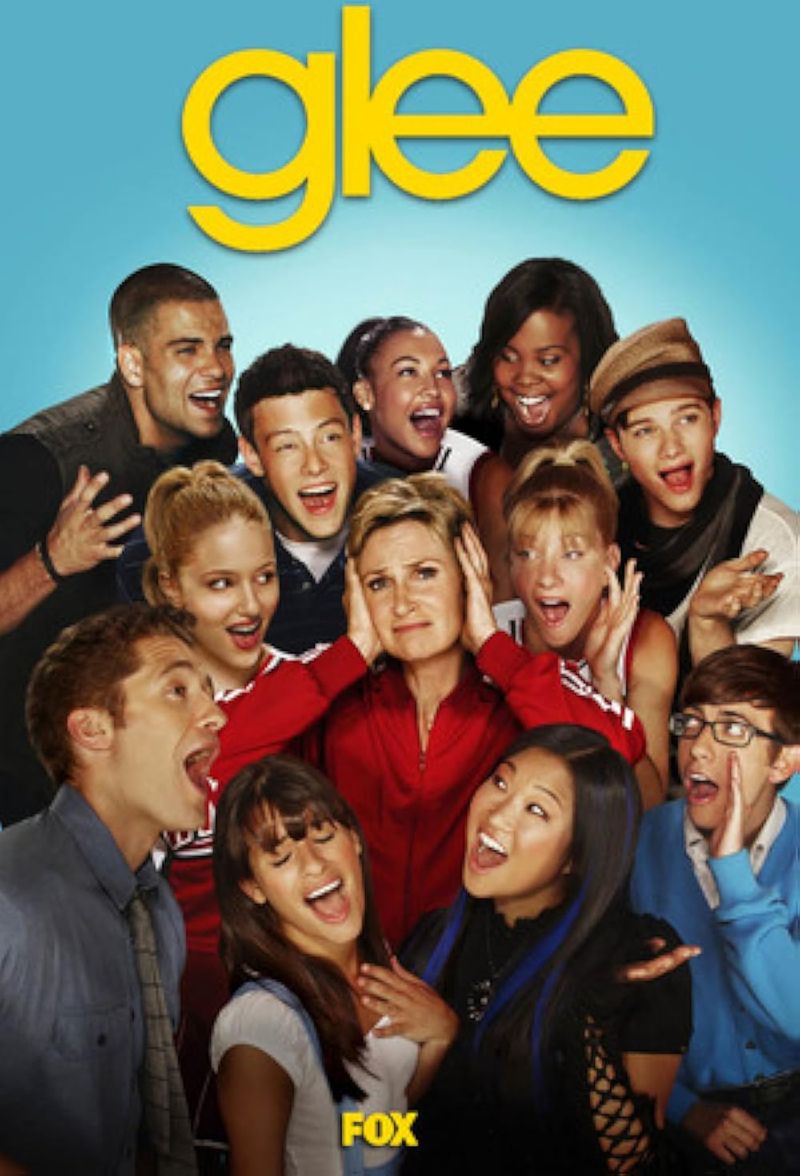
The musical dramedy that once captivated viewers with its underdog spirit and catchy performances struggled to find direction after many original characters graduated. The final season was reduced to just 13 episodes, forcing storylines to be condensed and rushed.
A five-year time jump attempted to provide closure but felt disconnected from the show’s roots. Rachel Berry’s journey from Broadway back to McKinley to revive the glee club seemed to contradict her character’s ambitions.
The series finale split between the present and a flashforward to 2020 felt disjointed, with the emotional tribute to Finn Hudson (following actor Cory Monteith’s real-life passing) being the only truly resonant moment.
7. Battlestar Galactica
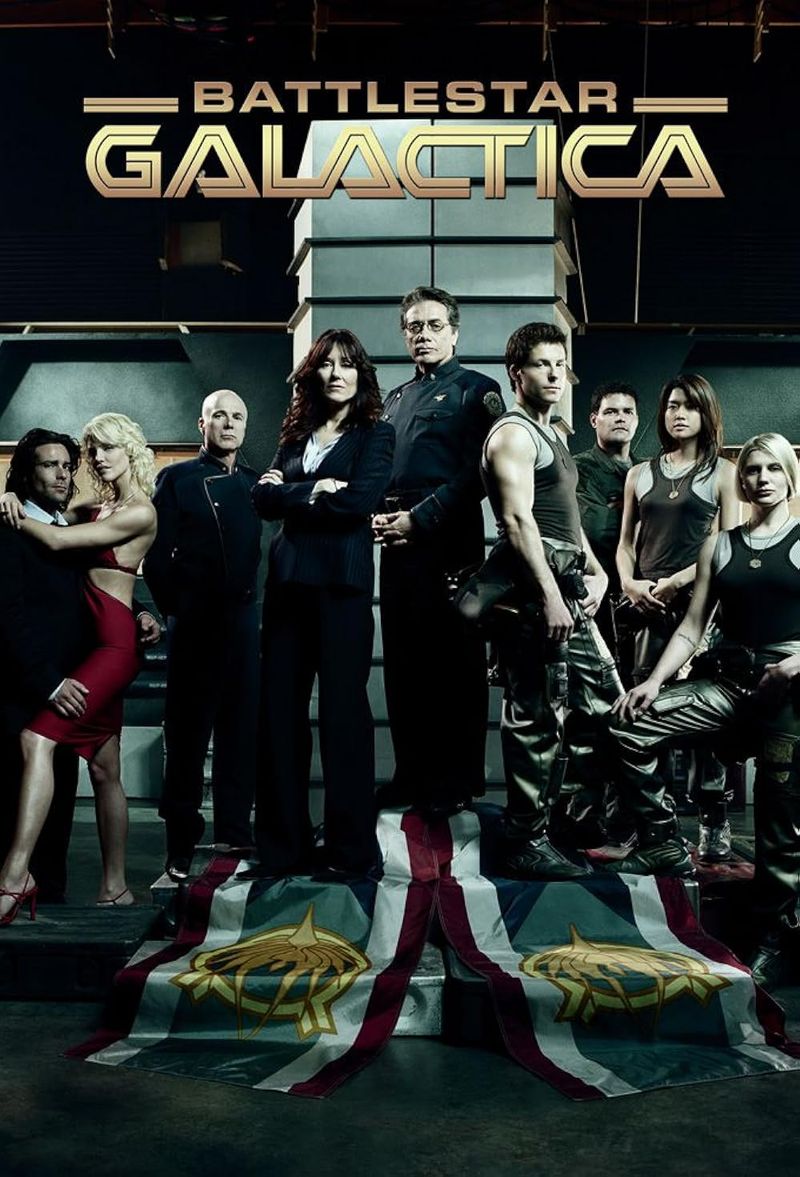
The reimagined Battlestar Galactica brilliantly blended space opera with political drama and philosophical questions about humanity. Its final season, however, abandoned much of its hard sci-fi elements in favor of mystical explanations that felt at odds with the show’s established tone.
After years of teasing “the plan,” the Cylons apparently never had one. Characters made baffling decisions, like abandoning technology to live primitively on Earth. The revelation that divine intervention guided events all along undermined the human agency that made the series compelling.
Despite some powerful moments, the finale relied too heavily on spiritual deus ex machina rather than the complex character-driven storytelling that defined its best episodes.
8. Sons of Anarchy
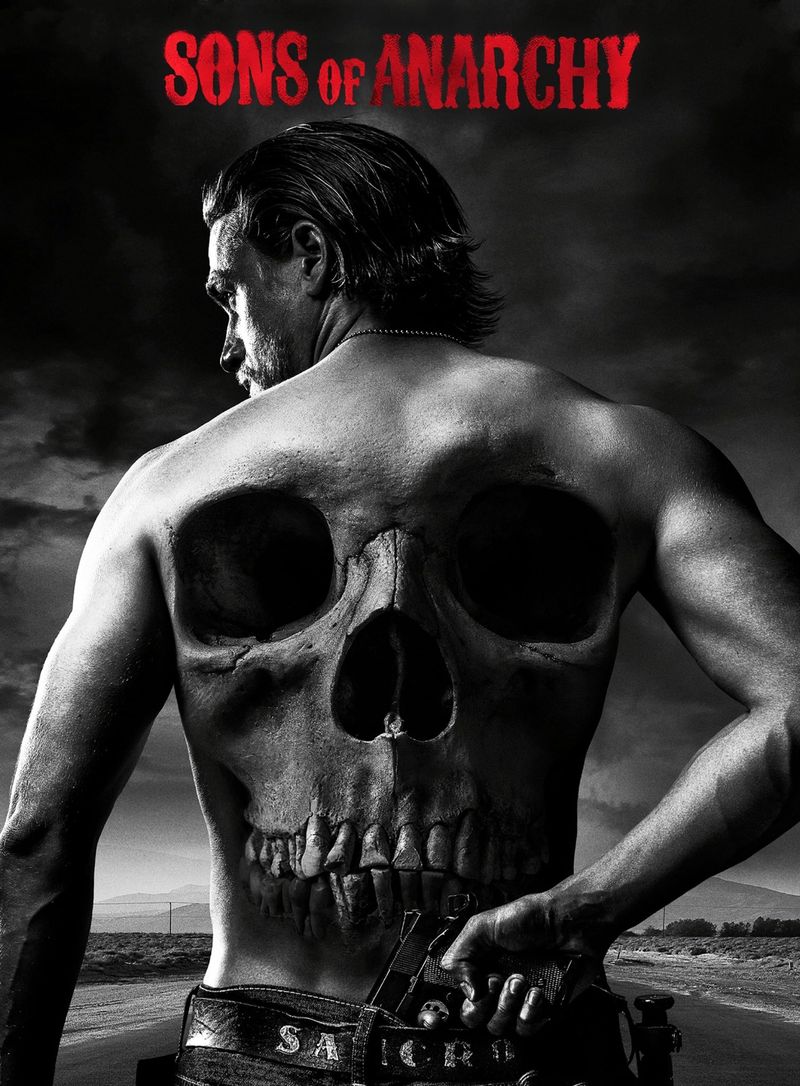
Kurt Sutter’s motorcycle club drama built a reputation for shocking violence and emotional character arcs. The final season, however, cranked up the brutality while losing the nuance that made earlier seasons compelling.
Jax Teller’s journey toward redemption became increasingly muddled as the body count rose to ridiculous levels. Characters made decisions that contradicted years of development, while new plot threads were introduced only to be hastily resolved.
The Christ-like ending, with Jax sacrificing himself on his motorcycle while being chased by police, felt heavy-handed and pretentious rather than the powerful conclusion this once-great show deserved.
9. My Name Is Earl
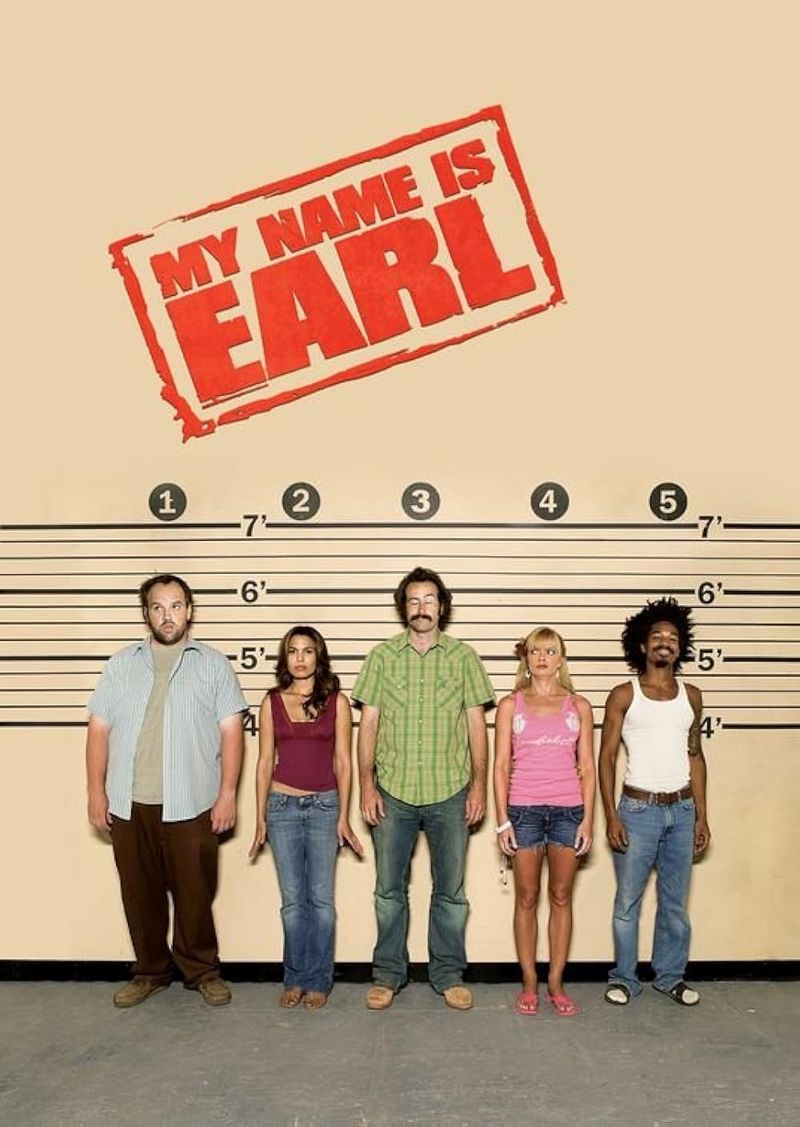
The karma-driven series starring Jason Lee as a former petty criminal making amends was cut short after four seasons by NBC, ending on a cruel cliffhanger with no proper finale.
The final episode revealed that Earl was not the biological father of his ex-wife’s child, setting up a story arc we’d never see completed. Creator Greg Garcia later revealed his planned ending in an online Q&A, but fans never got to see Earl complete his karmic list on screen.
Sometimes the biggest disappointment isn’t a bad ending but no real ending at all.
10. Community
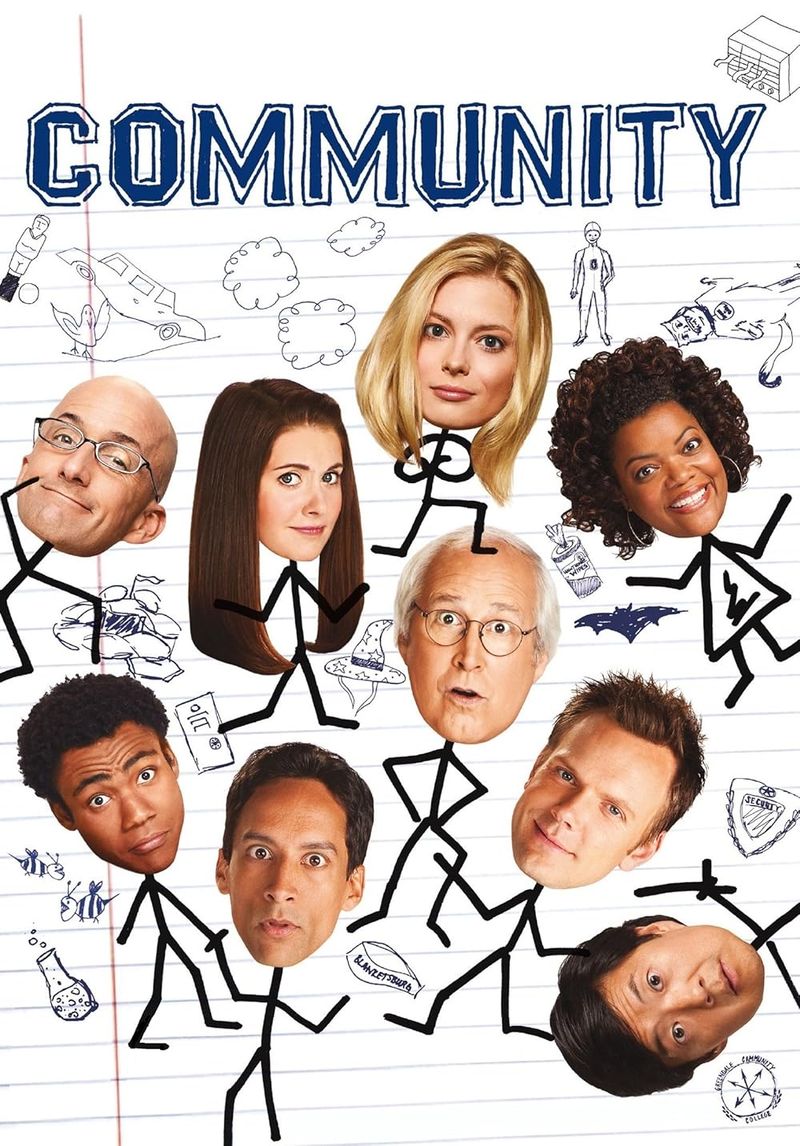
After NBC canceled Dan Harmon’s meta-comedy, Yahoo Screen rescued it for a sixth and final season. Despite this second chance, the show struggled with the departure of key cast members Chevy Chase, Donald Glover, and Yvette Nicole Brown.
The season introduced new characters who never quite integrated into the study group’s chemistry. While still occasionally brilliant, the episodes often felt like pale imitations of Community’s glory days, with meta-humor that commented on the show’s decline without actually fixing it.
The finale’s emotional airport scene worked well, but the season as a whole failed to deliver the consistent laughs and heart that made fans campaign for the show’s revival.
11. House of Cards
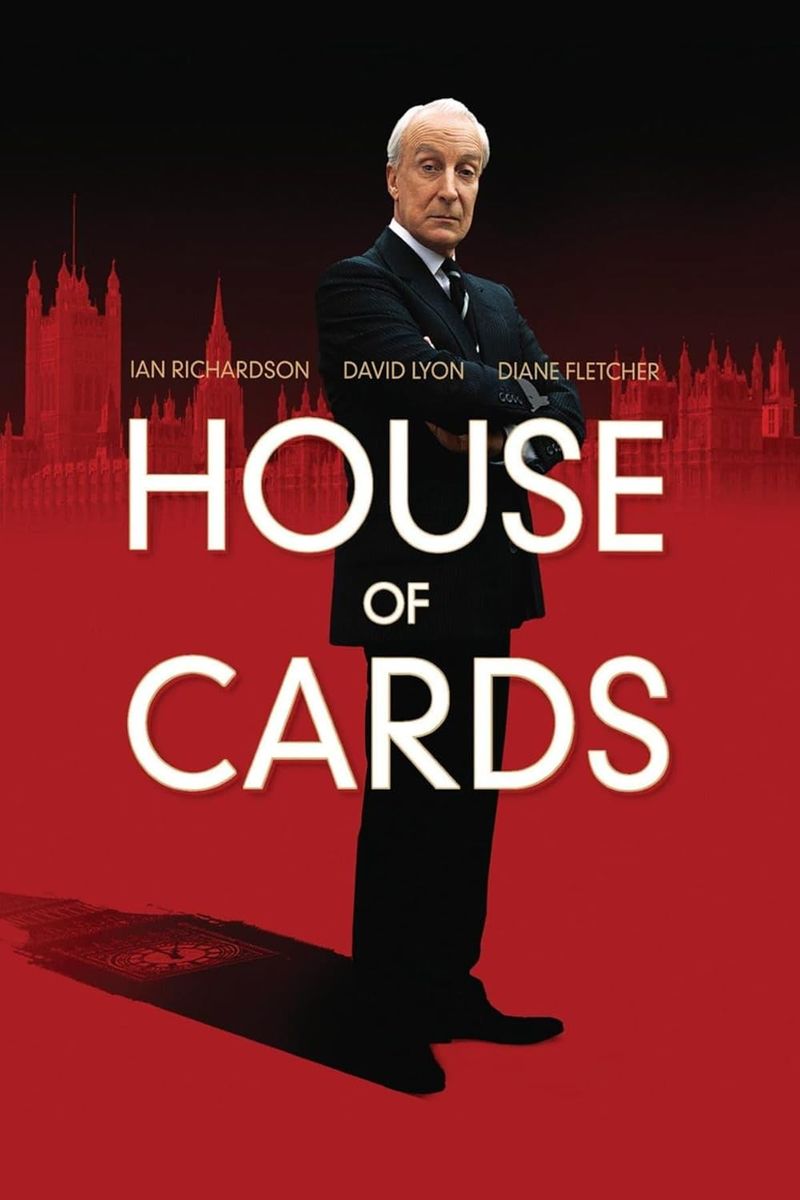
Following misconduct allegations against Kevin Spacey, Netflix’s political drama faced the impossible task of concluding without its main character. The final season centered on Claire Underwood’s presidency but struggled to find compelling direction without Frank Underwood’s Machiavellian presence.
New characters felt underdeveloped, while existing storylines received rushed resolutions. The series finale, with its ambiguous ending following a knife fight between Claire and Doug Stamper, failed to provide satisfying closure to the show’s complex political machinations.
What began as Netflix’s first prestige drama ended as a cautionary tale about building a series too heavily around a single character.
12. Killing Eve
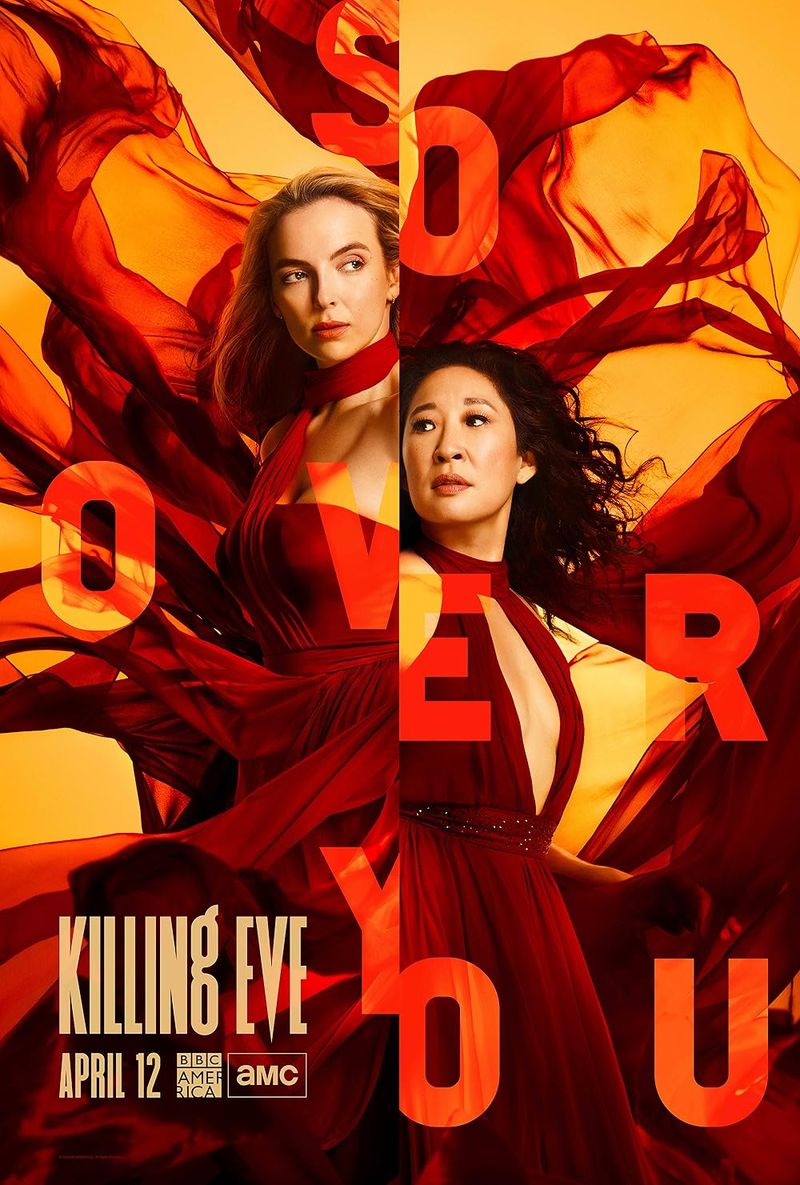
The cat-and-mouse thriller between MI6 agent Eve Polastri and assassin Villanelle captivated viewers with its blend of tension, dark humor, and electric chemistry between its leads. The final season, however, kept the characters separated for most of its run, squandering their compelling dynamic.
Plot threads felt disconnected and meandering, with the Twelve organization remaining frustratingly underdeveloped despite being the series’ primary antagonist. The finale’s brief reunion between Eve and Villanelle ended with a shocking death that felt more like shock value than earned tragedy.
A show celebrated for its unpredictability became predictably disappointing in its closing chapter.
13. And Just Like That…
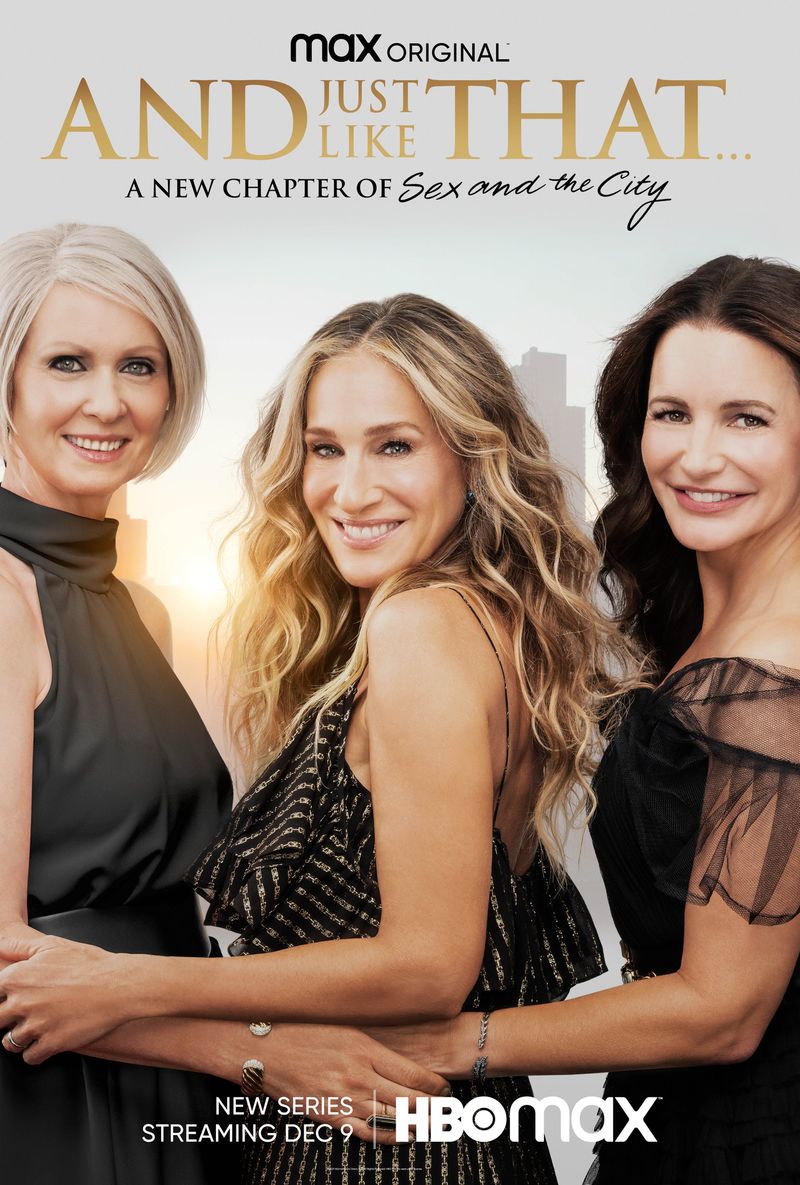
HBO Max’s Sex and the City revival attempted to bring Carrie, Miranda, and Charlotte into their 50s while addressing modern social issues. Without Kim Cattrall’s Samantha, the show’s dynamic felt fundamentally broken, with new characters awkwardly inserted to fill the void.
Miranda’s character transformation into an alcohol-dependent woman who abandoned her marriage for a non-binary comedian felt particularly jarring and out of character. Carrie’s podcast career and new romance following Big’s death were rushed rather than thoughtfully developed.
The revival traded the original’s frank discussions about sex and friendship for clumsy attempts at cultural relevance that often missed the mark.
14. The Office (U.S.)
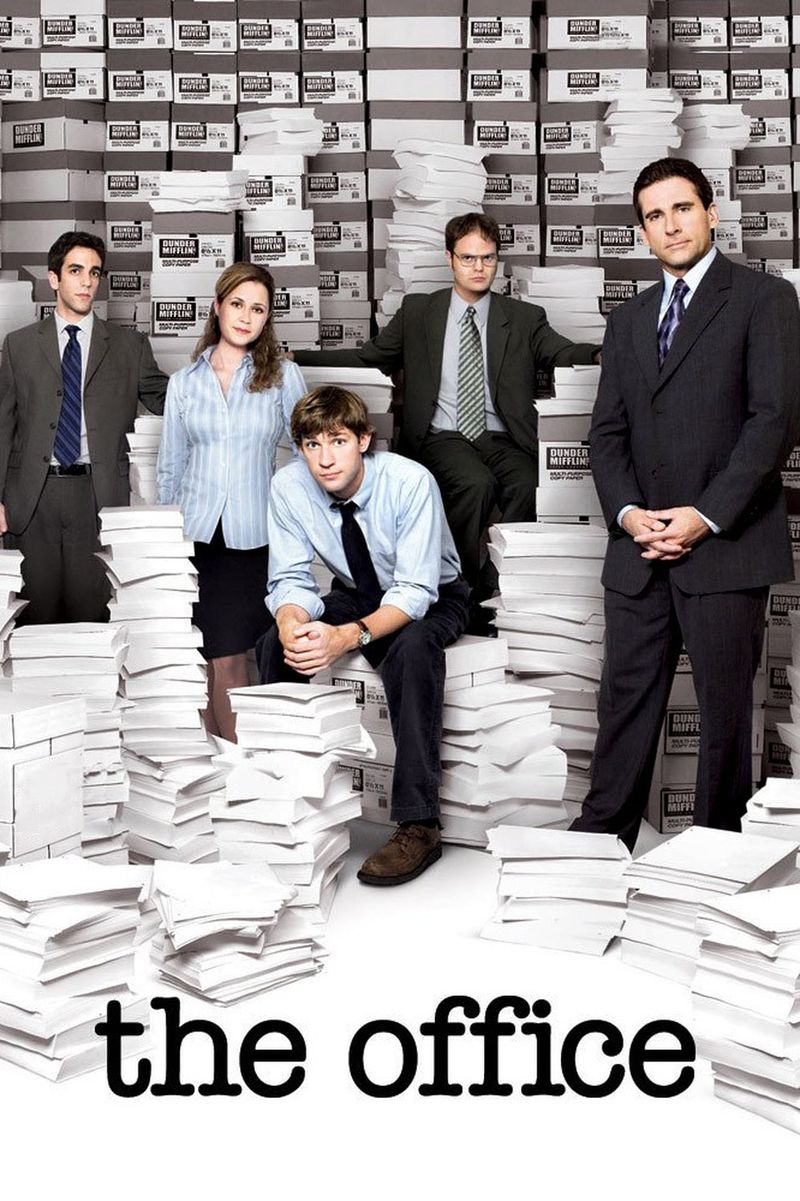
Michael Scott’s departure in season 7 left a leadership void the show never quite filled. The final season attempted to wrap up storylines but struggled with its identity without Steve Carell’s comedic genius anchoring the cast.
The writers introduced unnecessary drama between Jim and Pam that felt forced after years of stable relationship building. New characters couldn’t recapture the magic of the original ensemble.
While the finale itself delivered emotional closure for longtime fans, the journey through season 9 felt like an extended epilogue rather than a worthy final chapter of one of TV’s most beloved workplace comedies.
15. Mad Men

The conclusion of Don Draper’s arc featured a meditative retreat that felt worlds apart from the competitive ad industry that defined the show. Ending with the legendary Coca-Cola ad, the scene sparked debate about whether Don reached enlightenment or simply crafted his next big idea.
Other character conclusions seemed rushed, particularly Joan’s entrepreneurial venture and Pete’s convenient happy ending.
The show’s trademark subtlety sometimes crossed into vagueness. While visually stunning as always, the final episodes meandered rather than building to the powerful conclusion this groundbreaking series deserved.
16. The Big Bang Theory
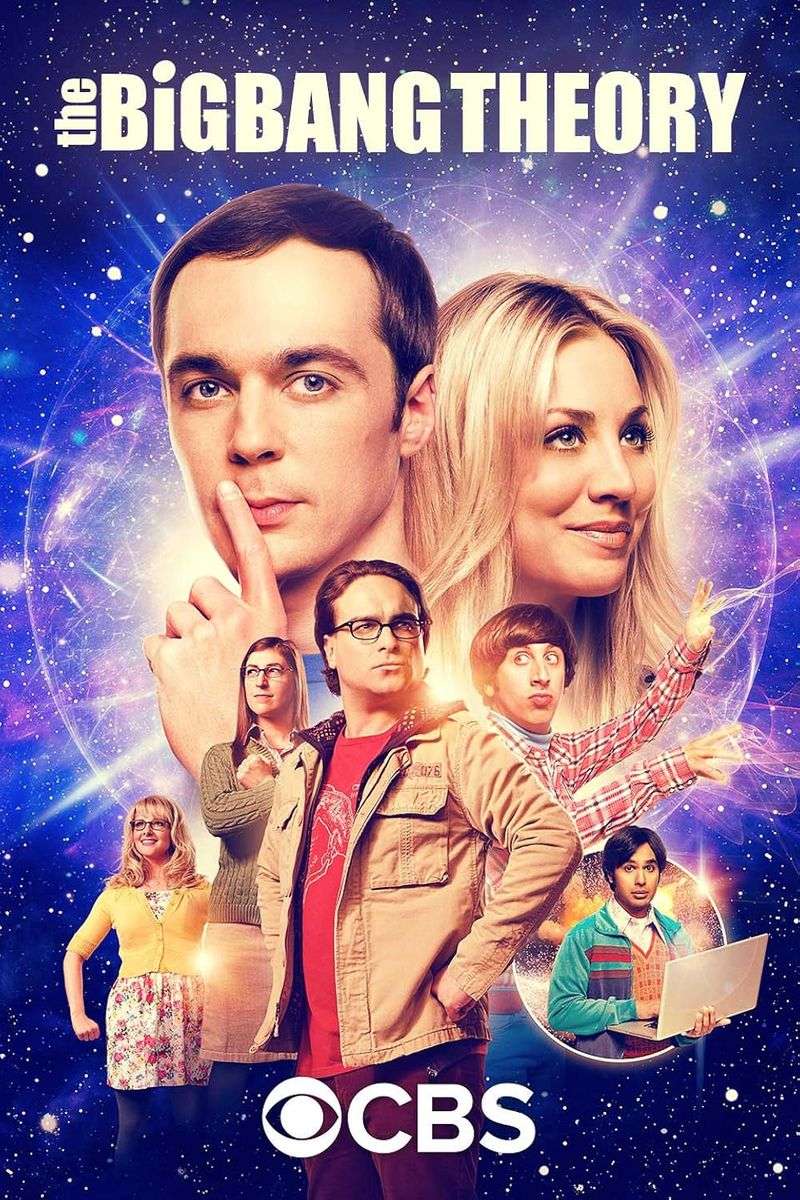
After twelve seasons of geeky adventures, the finale rushed to tie up loose ends rather than letting character moments breathe. Sheldon’s Nobel Prize speech felt like a hasty attempt at showing growth that hadn’t been properly earned throughout the season.
The broken elevator finally getting fixed served as a too-obvious metaphor for closure. Many storylines received predictable resolutions that prioritized neatness over the quirkiness that made the show special.
Longtime viewers noticed a distinct shift from the science-focused comedy of earlier seasons to relationship drama that dominated the final episodes, leaving the show’s unique identity somewhat diluted by the end.
17. Grey’s Anatomy
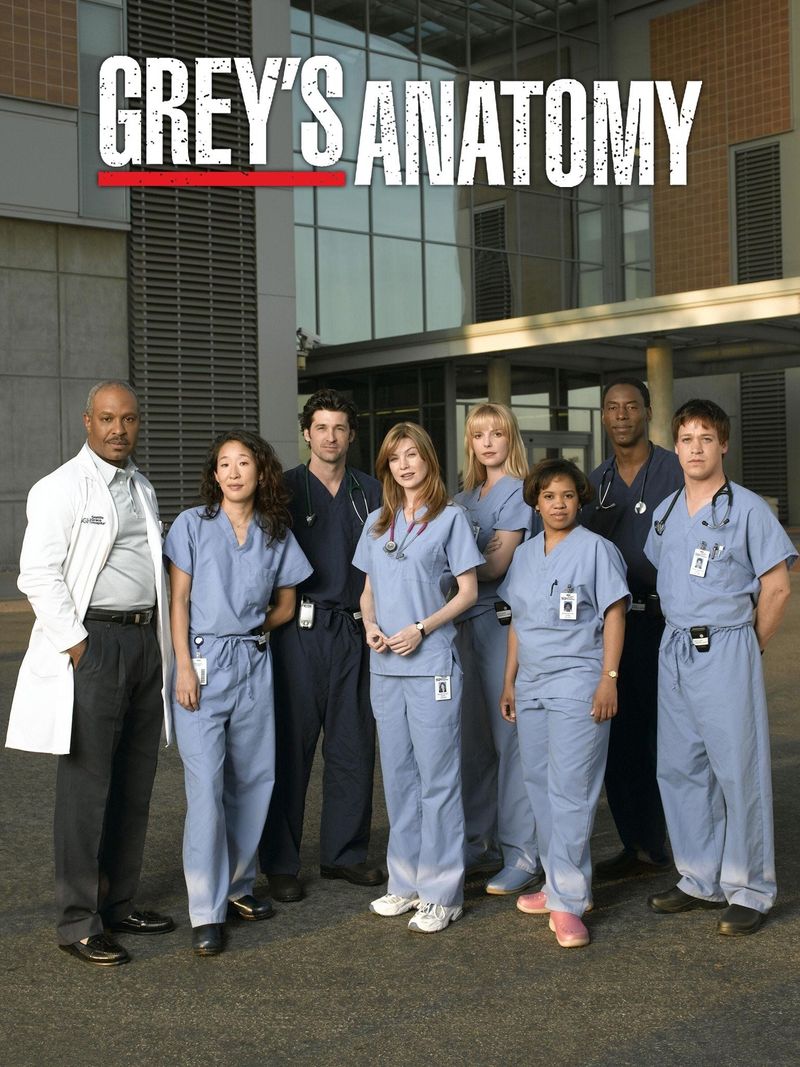
Season 18 marked a noticeable decline for this medical drama juggernaut. COVID storylines, while timely, dragged down the energy that once made Grey’s appointment television.
The writers seemed to be running on creative fumes after nearly two decades of medical emergencies and romantic entanglements. Longtime characters received diminished screentime while new additions failed to capture audience investment.
Meredith’s reduced role particularly highlighted how the show struggled to evolve beyond its original premise. The revolving door of departing cast members left the hospital feeling like a shell of its former self, with emotional goodbyes that couldn’t match the impact of earlier seasons’ farewells.
18. House
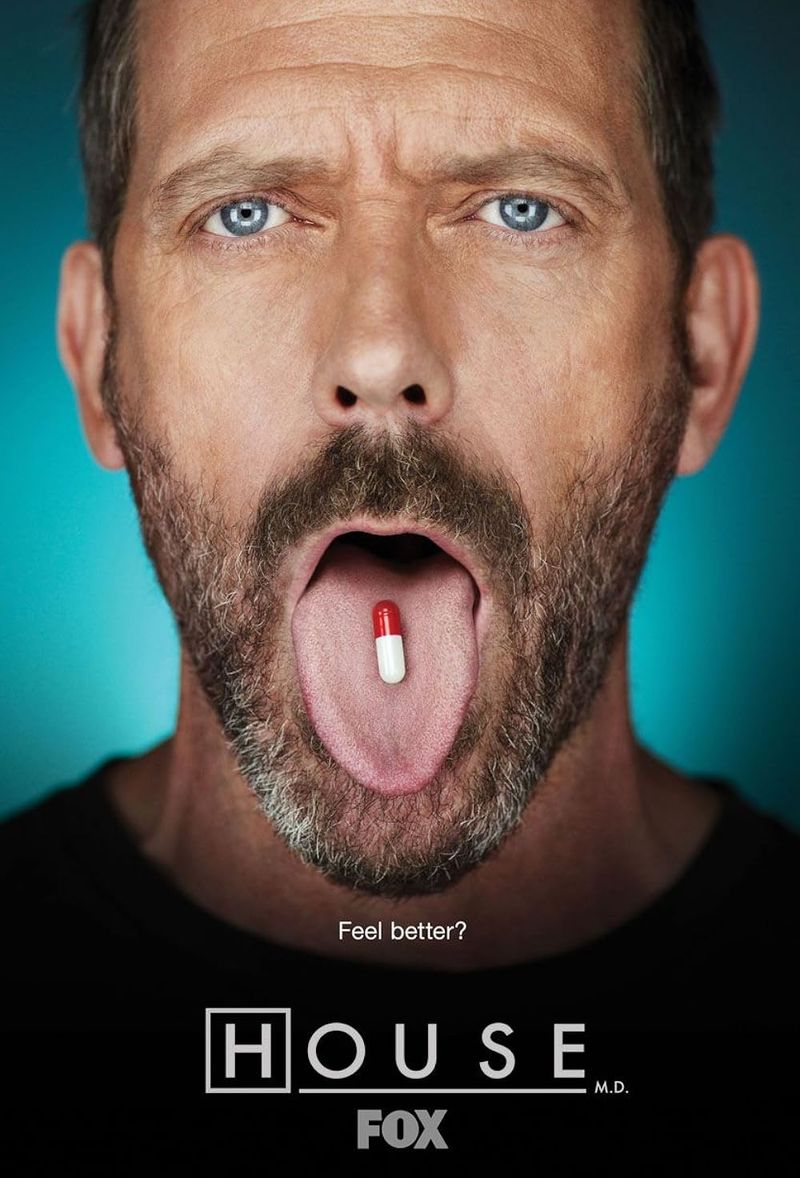
The brilliant but troubled Dr. Gregory House received a finale season that prioritized shock value over coherent storytelling. House’s fake death and subsequent escape with Wilson felt like a plot twist from a different show entirely.
Season 8 suffered from budget cuts that resulted in a reduced cast, with beloved team members like Thirteen getting minimal closure. The prison storyline that opened the season created a disjointed tone that never fully recovered.
While Hugh Laurie’s performance remained stellar to the end, the writing couldn’t match his commitment. The motorcycle ride into the sunset provided a visually striking but narratively unsatisfying conclusion to this once-groundbreaking medical drama.

Comments
Loading…